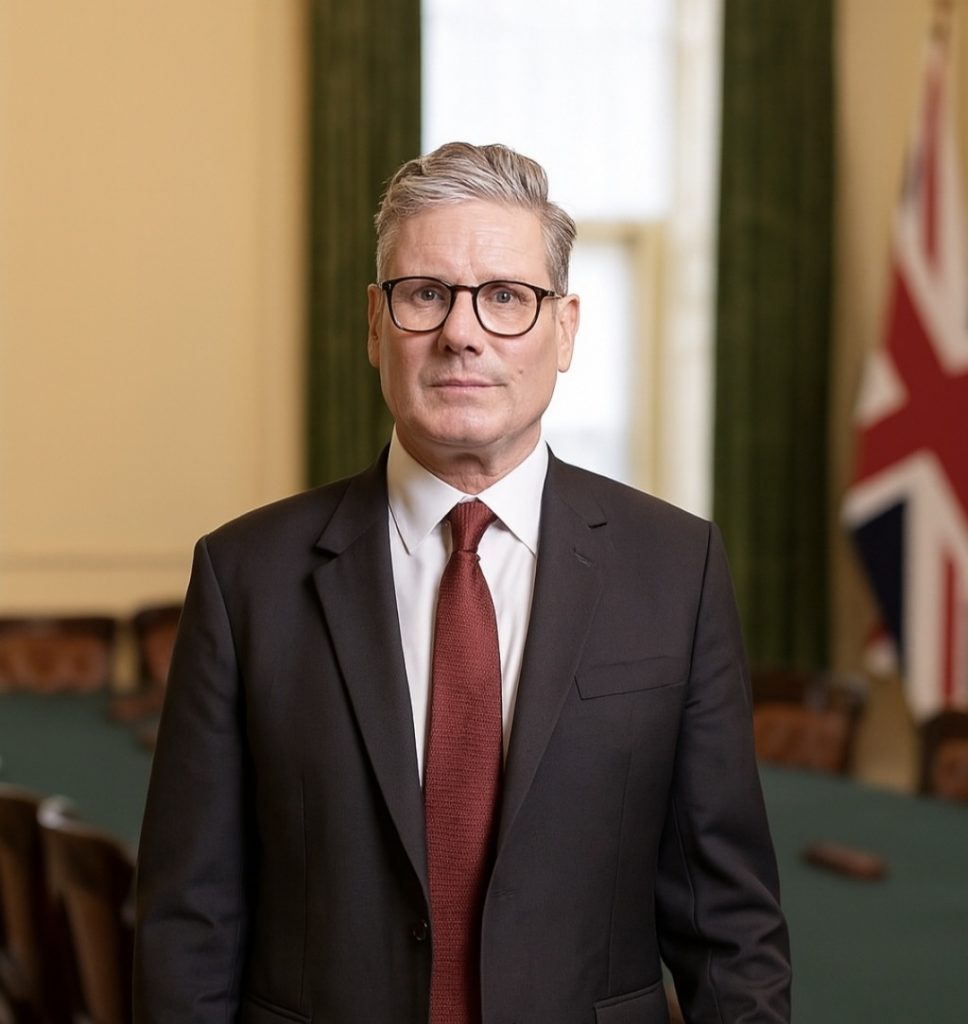
Introduction
In what many are calling a landmark social policy shift, the UK Government has officially approved a scheme granting free TV licences for all pensioners. This move signals a major reversal of past cutbacks to TV licence concessions and promises relief to millions of older citizens facing tight household budgets.
In this post, we’ll break down what the change means, who qualifies, how it will work in practice, possible challenges, and the broader implications for public broadcasting and social equity.
Background: How We Got Here
For many years, pensioners (especially those aged 75 and over) had enjoyed free TV licences funded by the government. But in 2020, the universal free licence was scrapped: the concession was limited only to over-75s who are receiving Pension Credit. (House of Commons Library)
That change left many older people on modest incomes still forced to pay for their TV licence. Campaigners, pensioner advocacy groups, and some politicians have long argued this was unfair, especially given rising living costs, inflation, and energy bills.
Now, after renewed public pressure and cross-party support, the government has moved to restore a universal free licence for pensioners — meaning no extra means test, and coverage for all who qualify by age. (unveilacademy.com)
What the New Scheme Says
Under the newly approved policy:
- All pensioners will be eligible for a free TV licence (not just those over 75 or on Pension Credit). (unveilacademy.com)
- The process should be automatic in many cases: pension records will be used to identify eligible individuals, reducing the burden on older citizens to apply manually. (kmsdrama.org)
- No means test will be required — you won’t have to prove low income or claim additional benefits to qualify. (kmsdrama.org)
- Government funding, rather than the BBC or licence fee payers, will absorb the cost. (unveilacademy.com)
If implemented as announced, this would restore and expand what used to be a valuable concession to older citizens.
Who Qualifies & How It Will Work
Eligibility
- Anyone recognised as a pensioner under the state pension system will be eligible.
- The exact qualifying age may align with the state pension age, ensuring fairness across different cohorts.
- There is no requirement for additional benefit claims or income checks.
Rollout & Procedure
- The scheme is expected to begin from a specified “go-live” date (e.g. April 2025 in some reports). (kmsdrama.org)
- For many pensioners who already hold a TV licence, renewal notices will no longer require payment, and they may receive confirmation automatically. (kmsdrama.org)
- Those turning pension age or newly entering the scheme may need to notify TV Licensing or have their records updated — though this should be streamlined under the new system. (kmsdrama.org)
Financial and Social Impact
For Pensioners
- The annual TV licence fee (often around £174.50 for a colour licence) is a real burden for those on fixed incomes. (Age UK)
- This policy change could free up funds for essentials like heating, groceries, medical costs, or social care.
- For many pensioners, television isn’t just entertainment — it’s a source of news, companionship, and connection. Removing the cost barrier can help reduce social isolation, especially for those living alone.
For the Government / Public Finances
- The new policy shifts the cost burden from individual older viewers to state budgets.
- Critics may question the long-term sustainability, especially given pressure on public finances and demands on other public services.
- It raises questions about the funding model for the BBC: with a portion of licence fee revenue effectively replaced by government subsidy.
For the BBC and Broadcasting
- The BBC’s revenue model relies heavily on licence fees paid by households. Ensuring stable funding, even with more free licences, will be a delicate balance.
- There may be calls to reform or modernise the licence fee system more broadly (for example, moving toward subscription or taxation models).
- The change could prompt renewed debates about fairness: should all viewers pay equally, or should public broadcasting be subsidised more for vulnerable groups?
Possible Challenges & Criticisms
- Cost and budget constraints: Critics will ask how the scheme is funded and whether it adds strain to already stretched public finances.
- Implementation issues: Ensuring data accuracy, updating records, avoiding fraudulent claims, and managing a smooth transition could be complex.
- Fairness to non-pensioners: Some may argue that it’s unfair for pensioners to skip paying while younger individuals still pay the full licence fee.
- Precedent for other concessions: This opens the door to demands for free or discounted licences for other groups (e.g. low-income households, students) — which might further complicate the system.
- Impact on BBC services: If funding doesn’t scale effectively, the BBC may be forced to cut services or programming to balance the books.
Final Thoughts
If implemented as described, granting free TV licences to all pensioners would be a powerful act of social policy — recognising both financial pressures on older people and the importance of television as a link to the wider world.
For pensioners, it means not having to choose between heat, food, or staying connected. For society, it reflects a commitment to dignity, equity, and inclusion in an age when media access matters more than ever.
However, the success of this change will depend on responsible implementation, transparent funding, and safeguards to ensure the system is fair and sustainable. It also reignites the broader question: how should public broadcasting be funded in the 21st century?

Leave a Reply